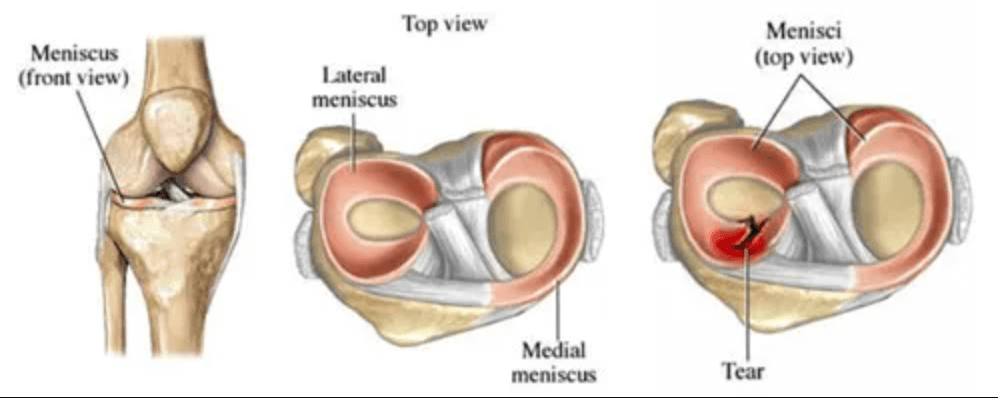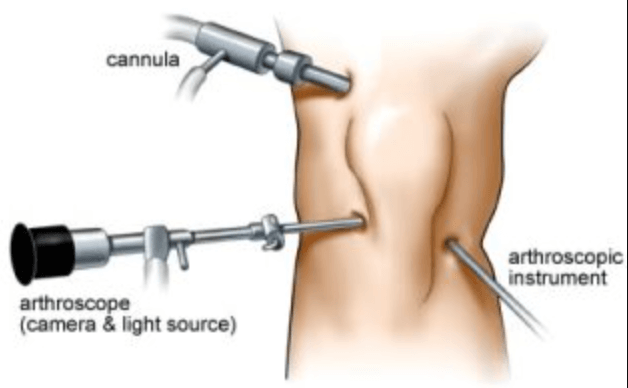Torn Mensicus

The Meniscus are bits of cushion within your knee. They are C-shaped structures that act as shock absorbers protecting the cartilage (gristle) of the knee joint. A meniscal tear can occur with a traumatic knee injury and can cause pain and swelling within the knee. But a mensical tear can also occur as part of the degenerative process (i.e normal wear and tear). Not all mensical tears need surgery and Dr Balendra will discuss the treatment options with you.
Meniscus Tear Treatment

Arthroscopic (key-hole) surgery has revolutionised the way we treat torn meniscus. Whether we need to debride (cut out) or repair torn meniscal tissue, it can usually be done with a few small (1cm) incisions, which means the overall recovery will be much quicker. Sometimes a larger incision is needed for complex meniscal repairs. Dr Balendra will explain in detail the specifics of the torn meniscus surgery he is going to perform.
Recovery

Most arthroscopic surgery will be day-case surgery, though you may need to stay in overnight for complex mensical repairs. The rehabilitation depends on the type of surgery performed.
Mensical Repair: You will be on crutches for at least 6 weeks, not putting any weight on the operated leg. You will also be in a brace for 6 weeks, which will limit how much you can bend your knee. The rehabilitation protocol will give the mensical repair the best chance of healing.
Mensical Debridement/Partial Meniscectomy: You will be allowed to bear weight immediately after surgery, but Dr Balendra usually recommends the use of crutches for the first 2 weeks to give you extra support. We encourage you to bend your knee as much as possible.



